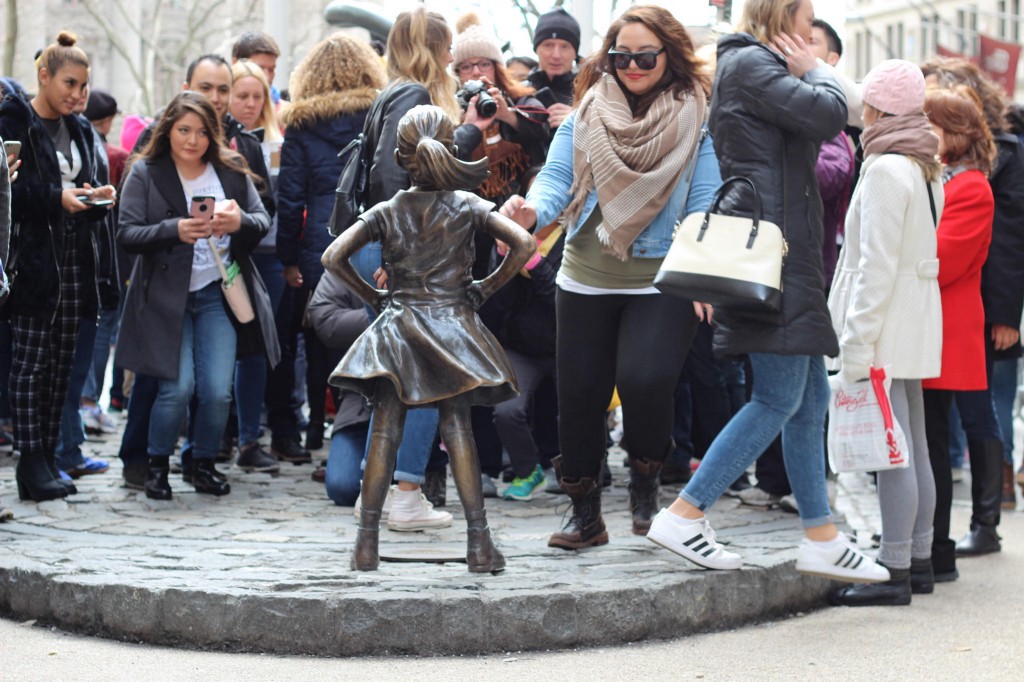Let’s Talk About Ambition
There’s a good book out today that we all should read.

Today is the publication day for Robin Romm’s Double Bind: Women on Ambition, a book that I’m inordinately excited about, as it is a subject that is near and dear to my heart.
Double Bind: Women on Ambition
Some of the essays written for the book have been published elsewhere, but to prepare you for what is contained within, read Jia Tolentino’s sharp-eyed review in the New Yorker first, all about how ambition for women has been commodified into an aesthetic and how that commodification makes ambition an easily marketable conceit by dumbing it down for its intended audience.
The Infantilizing Ways We Talk About Women’s Ambition
Reading one crackling, cheerless narrative after another, I started to feel that there was another — and possibly trickier — conflict at work. Ambition will always be complicated for women, and not just because of external impediments: it is an imperfect drive, enacted in imperfect circumstances, that inevitably leads to imperfect things.
In October, Hazlitt published a searing essay from author Elisa Albert, excerpted from the collection. She touches on the way ambition manifests for her as an author and what it means to “matter” in the way that so many people seem to define that in her field.
Here’s what bothers me about conventional ambition, the assumption that we all aspire to the top, the winner’s circle, the biggest brightest bestest, the blah blah blah, and that we will run around and around and around our little hamster wheels to get there: most of these goals are standardized. Cartoonish. Cliché. Beware anything standardized, that’s what I would teach my daughter. Health care, ambition, education, diet, culture: name it, and you will suffer endlessly from any attempt to go about it the same way as some projected Everyone Else.
Ayana Mathis, whose first novel was picked by Oprah Winfrey herself as a pick for her revamped book club, grapples with the ambitions in writing that she could never quite contend with and how people telling her that she “deserved it” after the success of her first book didn’t sit quite right.
What I am getting at in all of this is that I did not have a moment in which I fixed upon writing as an ambition. I couldn’t quite name my ambitions. They had something to do with not being the Welfare Queen, with being a person who would not be disdained or dismissed. I wanted to be understood as a distinct self, my distinct self — inviolate and individuated, in the way I saw the not-poor, not-black other was granted its selfhood. So overwhelming was this desire to be, and so bewildering any specific course of action to achieve it, that all the things I most wanted took on an unqualified and non-goal-oriented character.
The nature of “ambition” for women, at least, is complicated to say the least. The essays collected in Romm’s book will at least try to break it down for parts, parsing out the difficulties and teasing out the nuances. I’m excited to read it and maybe you will be, too.
Support The Billfold
The Billfold continues to exist thanks to support from our readers. Help us continue to do our work by making a monthly pledge on Patreon or a one-time-only contribution through PayPal.
Comments